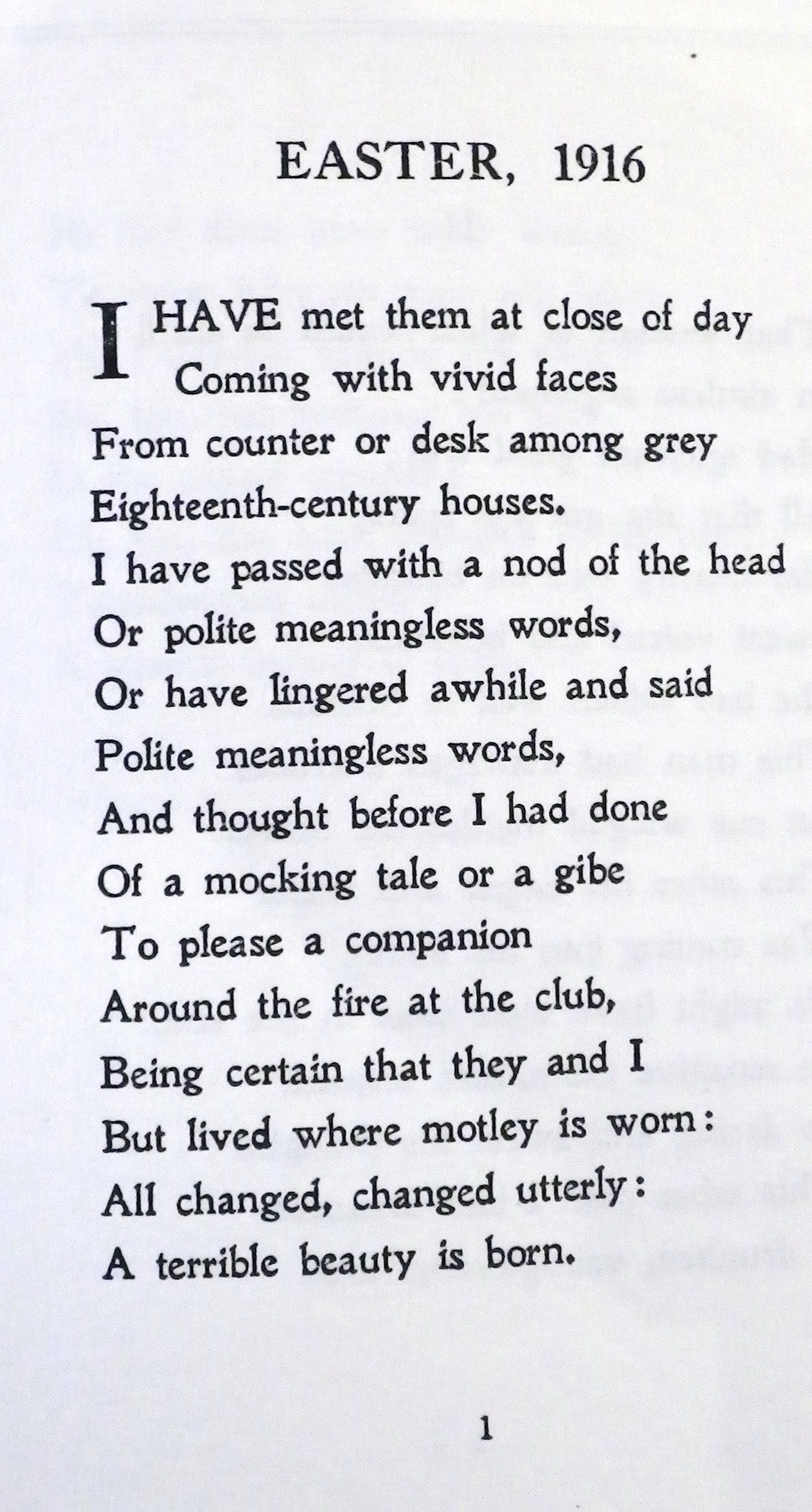
Discuss about georgic poetry: its characteristics and examples
Definition:
Georgic is a poem about rural life, the practical aspects of agriculture, farming, and rural affairs, so-called from the Greek word for ‘earth-worker, farmer.’ The Georgic poem is a form of didactic poetry, and its principal purpose is to give instructions on how to do something. It tends to celebrate rural life and nature.
Characteristics:
1. Focus on Rural Life and Agriculture: It emphasizes the virtues of rural life, particularly the hard work and dedication of farming and agriculture. It celebrates the processes involved in cultivating the land, tending to livestock, and the moral rewards of honest, physical labor. It provides practical advice about farming, gardening, and rural management. This instructional aspect is aimed at educating the reader on agricultural practices, such as the proper time to sow crops, how to care for animals, and how to manage land effectively.
2. Moral and Didactic Elements: It offers moral lessons and teaches virtues such as patience, perseverance, and a connection to the natural world.
3. Celebration of Nature: A key feature of Georgic poetry is its celebration of the natural world and the harmony between humans and their environment. It highlights the importance of nature’s cycles, such as the changing seasons and the growth of crops.
4. Human Endeavor and Nature’s Power: While Georgic poems focus on human effort and industry, they also acknowledge the power of nature, which can be both nurturing and destructive.
5. Elegance of Language: Georgic poems are often written in formal, elegant language, blending pastoral beauty with detailed descriptions of agricultural life.
Examples:
A very early example is Hesiod’s Works and Days (8th c. BC). The standard for such poems, Virgil’s Georgics, is responsible for its name. That poem, written between 37 and 30 BC, called for a restoration of agricultural life in Italy after its farms fell into neglect during the Civil War. James Thomson’s Seasons (1726–30) and William Cowper’s The Task (1785) are very much in the Virgilian tradition.
Other georgics include Poliziano’s Rusticus (1483), Vida’s De Bombyce (1527), Alamanni’s La Coltivazione (1546), Tusser’s Five Hundred Points of Good Husbandry (1573), and Rapin’s Horti (1665).
Also read: Discuss about Black comedy or Dark comedy, its characteristics, examples




